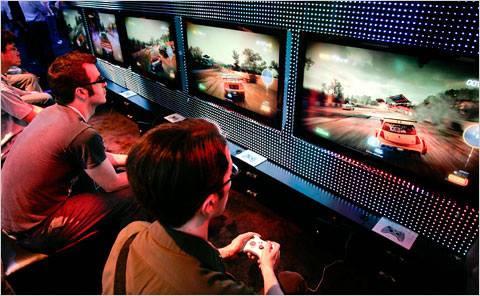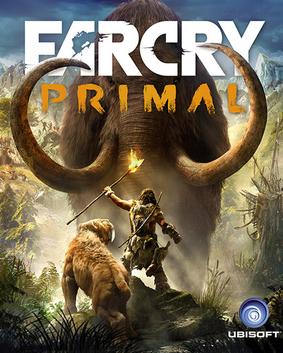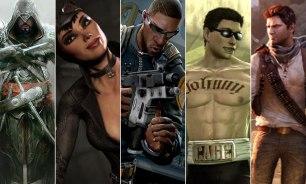We think of the modern gaming industry as cutting edge. Systems and game designs are always improving, and the very concept of gaming has become more sophisticated by the year (as evidenced in part by the increasing age of the average gamer). But in recent years, even as the industry churns forward, the themes of many popular games have taken an interesting turn toward the past.
This is not to say that all popular games invoke historical settings. Indeed, arguably the most noteworthy game released in 2015, Fallout 4, is set in the year 2287 in a post-apocalyptic future. However, across not only the top console gaming systems but also other media, we’ve definitely seen a rise in the number of historically themed games being released.
It’s not difficult to find examples on consoles. Among the numerous first-person shooters consistently making headlines, many focus on wars from the past, either as they actually occurred or via fictionalised sub-plots to conflicts that really existed. Granted, they also stray toward the future on occasion (2015’s Call Of Duty: Black Ops III was set about 50 years from now), but as often as not developers seem to determine that real wars make for the most interesting settings. Metal Gear Solid V: The Phantom Pain is the most recent example. And aside from shooters, we’re also seeing a clear pattern of open-world adventures looking to history (or sometimes fantasy versions of it). Last year alone, we saw Assassin’s Creed Syndicate take on Victorian London; adventures like The Witcher 3: Wild Hunt took on distinctly medieval settings with a fantasy twist; and we even received the news from Ubisoft that the next Far Cry in stallment (Far Cry Primal) will take us all the way back to the stone age.
Also getting in on the historical action is the online gaming industry, where these themes have always been present in everything from PC titles to flash games. Perhaps most notably in the context of past settings in gaming, Sid Meier’s iconic Civilization series is still rolling along (though the series now looks to the future more thoroughly, too). But we’ve also seen a distinct rise in historical themes for the casino branch of the online gaming industry, evident particularly through the games at Gala Casino. This site is perhaps best known for its regular use of superheroes and film characters to liven up its game selection, but it carries a number of titles that make use of popular chapters of history. These include as The Musketeers, Centurion, and Gladiator Jackpot. There are even Don Quixote and John Wayne games taking advantage of popular historical fiction.
And finally there’s the mobile branch of the gaming industry, where it’s no surprise that history has maintained a steady and growing presence. We see more variety through mobile apps than any other type of gaming, simply because there are so many companies and independent designers creating new titles all the time. But a lot of the most popular games have distinctly historical settings and atmospheres. Temple Run plays like it’s an animated spinoff of an Indiana Jones film, for instance, and Infinity Blade III crafts a similar fantasy/medieval setting to that in The Witcher 3: Wild Hunt. Even Super Cell’s Clash of Clans is based on a silly version of vaguely Celtic warfare.
Considering all these examples, the reason for history’s relative dominance in game design of late is actually fairly easy to understand. As the industry is getting more competitive and the games themselves are getting so much more detailed and sophisticated, there’s just a lot of energy to be saved by bringing an existing setting to life as opposed to inventing a new one from scratch. That may sound lazy, but the truth is that it’s been consistently fascinating, and for that reason we can probably expect a lot more of it.


